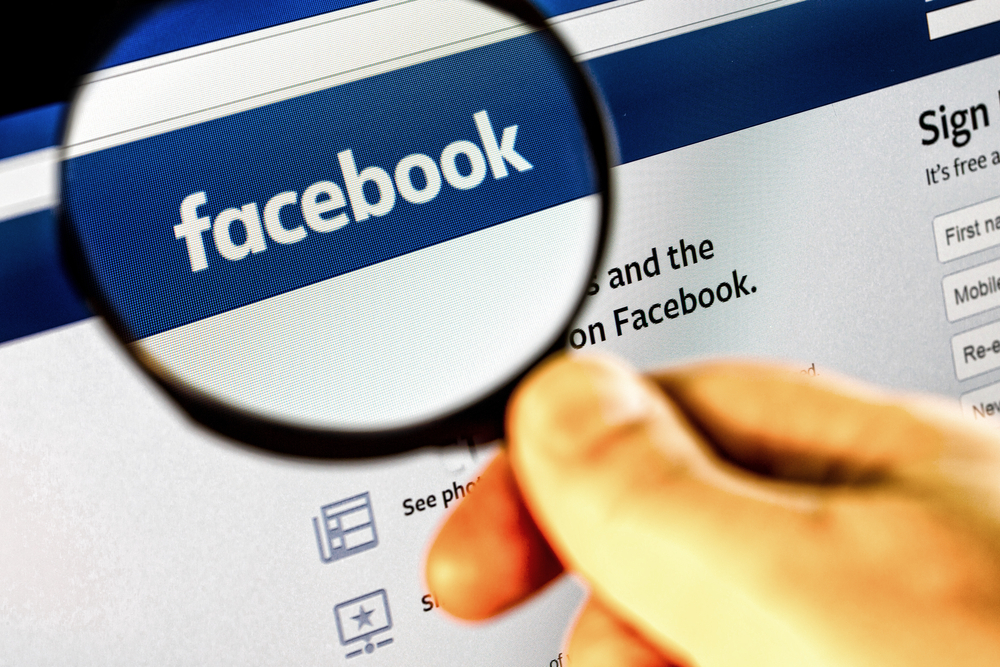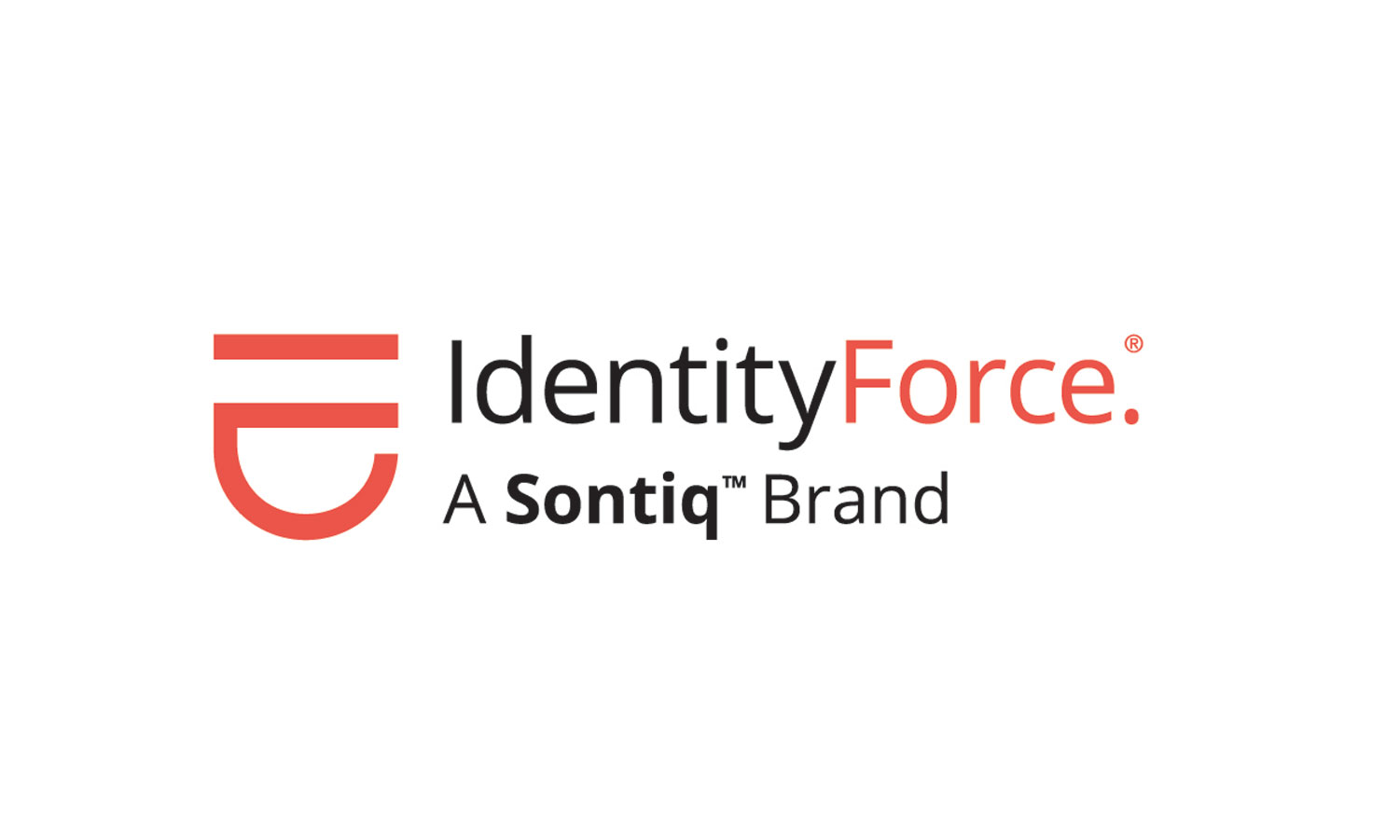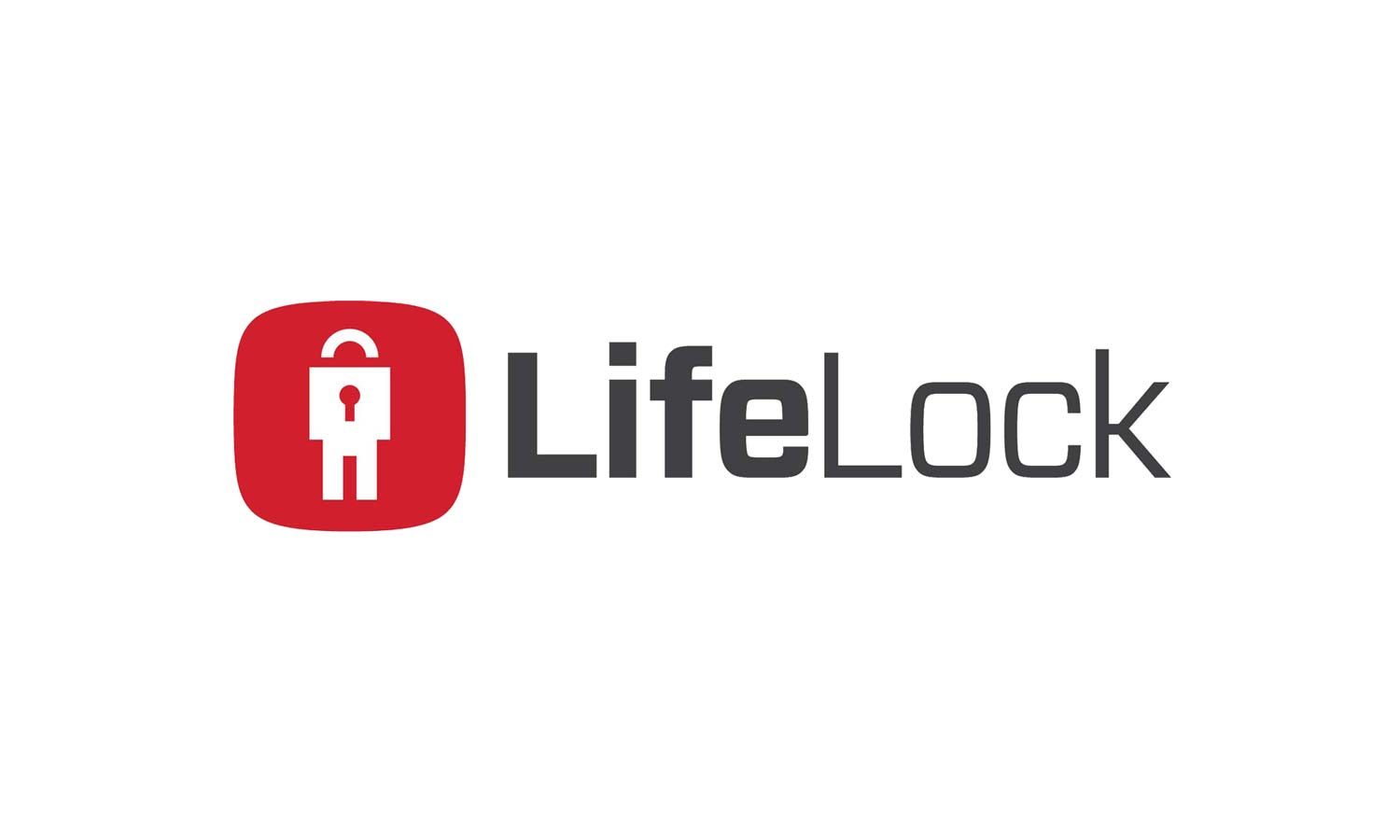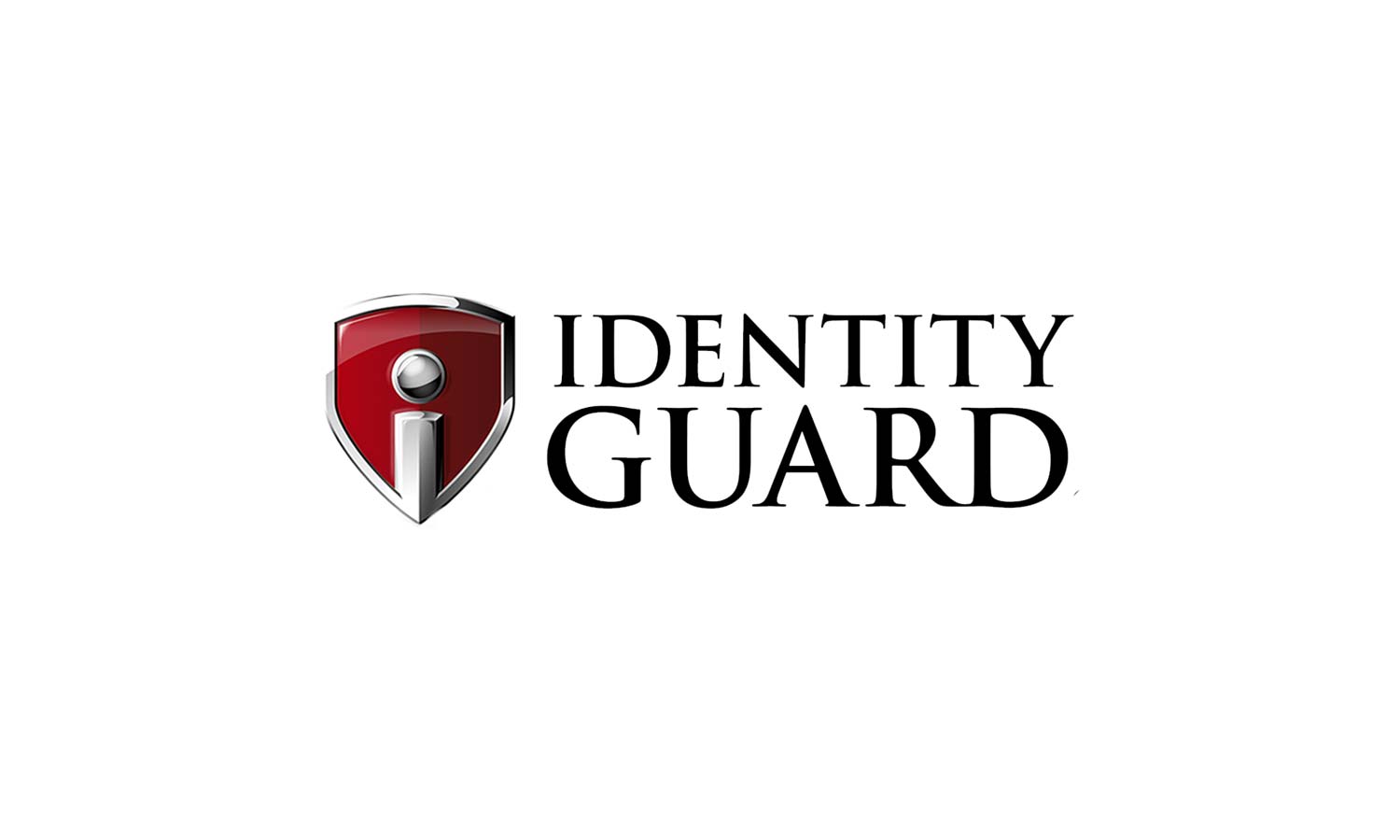How to Check If You Were Part of Facebook's Data Breach
Facebook now has a page where you can go to see whether your account was affected in the company's recent data breach.
Facebook now lets you check whether your account was affected in the recently disclosed Facebook data breach.

You simply need to go to https://www.facebook.com/help/securitynotice. At the bottom of the page, you'll see a notification about whether your account was among the 30 million impacted by this breach. (Naturally, you need to be logged into Facebook for this to work.)
When I used the tool to check my status, I received a message that "the attackers did not gain access to information associated with your Facebook account."
If you get a notification that your account was indeed affected, there may not be much you can do. According to Facebook's most recent update on the situation, about half of the 30 million affected accounts had user's names, telephone numbers and/or email addresses taken by the attackers.
MORE: How to Stop Facebook from Sharing Your Data
About 1 million of those users had their accounts touched by attackers, though no personal data was accessed, Facebook says. The remaining 14 million had quite a lot of data compromised: "username, gender, locale/language, relationship status, religion, hometown, self-reported current city, birthdate, device types used to access Facebook, education, work, the last 10 places they checked into or were tagged in, website, people or Pages they follow, and the 15 most recent searches."
The good news is that while this may not be stuff you would want strangers to know, it isn't terribly different from what's displayed on most people's Facebook pages. The most sensitive piece of information here may be the birthdate, which can be useful to identity thieves. (We recommend NOT making your birthdate public on Facebook.)
Get instant access to breaking news, the hottest reviews, great deals and helpful tips.
But your Facebook password was not at risk, and there's no need to change it.
If you're truly worried, try out one of the identity-protection services below.

Get it. IdentityForce UltraSecure+Credit is the best overall service for both credit monitoring and identity protection. It also protects your account with two-factor authentication.

It's worth it. Get LifeLock Ultimate Plus if you're very worried about having your identity stolen and you also need antivirus software. But you can get better credit monitoring for less with IdentityForce UltraSecure+Credit.

Good, but not the best. Identity Guard isn't bad, but for about the same price, IdentityForce UltraSecure+Credit offers more comprehensive personal-data and credit-file monitoring.

Paul Wagenseil is a senior editor at Tom's Guide focused on security and privacy. He has also been a dishwasher, fry cook, long-haul driver, code monkey and video editor. He's been rooting around in the information-security space for more than 15 years at FoxNews.com, SecurityNewsDaily, TechNewsDaily and Tom's Guide, has presented talks at the ShmooCon, DerbyCon and BSides Las Vegas hacker conferences, shown up in random TV news spots and even moderated a panel discussion at the CEDIA home-technology conference. You can follow his rants on Twitter at @snd_wagenseil.
 Club Benefits
Club Benefits





